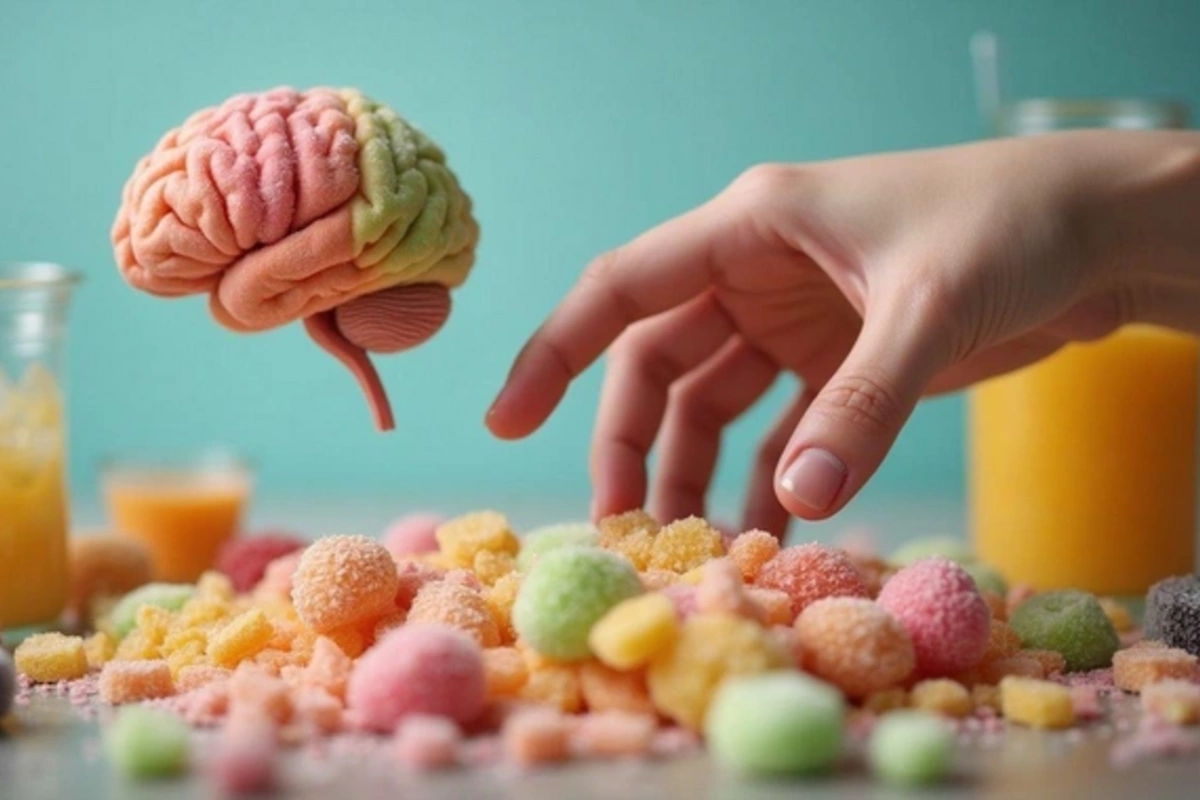01 Jun , 16:55
3

Why do we eat so much sugar?
Modern humans consume 2-3 times more sugar daily than recommended by the WHO. It's hidden not only in sweets but also in bread, sauces, yogurts, and ready-made meals. The reason lies in our brain's biochemistry - sugar triggers a powerful release of dopamine (the pleasure hormone), creating a vicious cycle of constant craving for a new dose of sweetness.
What happens when you give up sugar? During the first 3-7 days, the body experiences real "withdrawal." Headaches, irritability, and an irresistible craving for sweets appear. Many notice deteriorating sleep and mood swings. Don't worry - this is a temporary phase when the brain is "unlearning" constant sugar stimulation. After 2-3 weeks, the long-awaited stabilization occurs. Blood insulin and glucose levels normalize, concentration noticeably improves, sleep becomes deeper, and the constant feeling of hunger subsides.
After 1-2 months, dramatic changes are observed. Excess weight disappears, especially noticeably in the abdominal area. The skin transforms - inflammation and breakouts decrease. Energy is distributed evenly throughout the day, and the usual fluctuations between high activity and fatigue disappear.
What happens to the brain? Natural sensitivity to dopamine increases - pleasure from ordinary food and everyday joys becomes significantly greater. The risk of depressive states associated with sugar "swings" decreases. Memory and cognitive functions noticeably improve.
Benefits for the body. The risk of developing type 2 diabetes and obesity is significantly reduced. Liver and pancreas function improves. Gut microflora normalizes. Systemic inflammation in the body decreases. Unpleasant symptoms of bloating and discomfort disappear.
Life without sugar is not a temporary diet but a return to the body's natural state. Just a couple of weeks without sweets, and you'll feel amazing changes: clarity of thinking, lightness in the body, and a stable, harmonious mood.